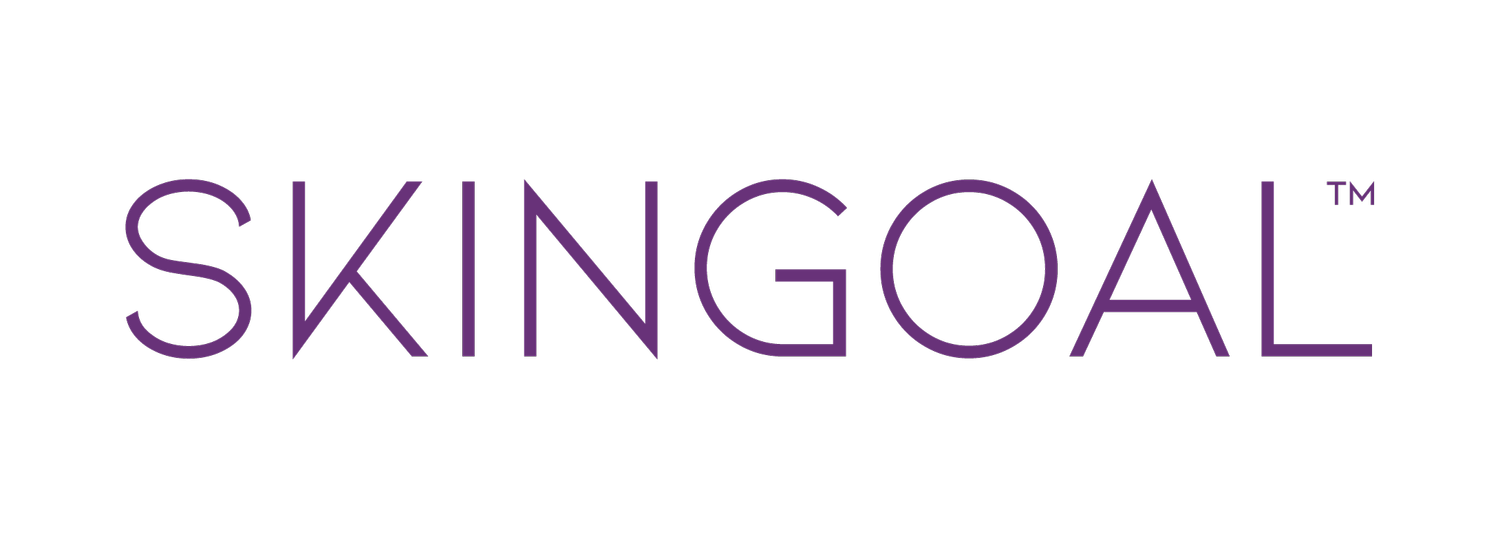What is rosacea?
Rosacea, according to the NHS, is a long-term skin condition that mainly affects women, though can occur in men and often exhibits worse symptoms.
What does rosacea look like?
Rosacea tends to worsen over time, as some symptoms are irreversible. It can start with mild, but increasingly vivid blushing around your nose, cheeks, forehead, chin, neck and chest. This blushing comes and goes, but over time can fade away less, leaving red patches, particularly across the cheeks. When the blushing occurs, it can feel warm, or even hot and quite sore. You may also experience a stinging sensation when using hot water, or skincare products you have previously had no issues with.
Another, and possibly the most upsetting symptom of rosacea is visible veins - often called spider veins. Small blood vessels of the nose and cheeks break and become larger.
Many people with rosacea develop bumps or spots on the face that look quite like acne, these bumps sometimes contain pus.
Other symptoms can include dry skin patches and swelling around the eyes, and for some trigger blepharitis - a crust discharge from the eyes, which if this occurs you must see your GP about.
What triggers rosacea?
The cause of rosacea, and why it affects some people but not others, hasn’t yet been identified, but it is known that certain things can trigger the blushing and soreness, which over time leaves permanent signs.
Rosacea is not contagious, and it’s nothing to do with your hygiene routine. But there are certain triggers that can cause a flare-up.
Alcohol - this is particularly true in menopause, when your body seems less capable of handling alcohol (yes ladies - if it wasn’t enough that a night of cocktails with the girls gives us damaged sleep, anxiety or even paranoia, and takes all day to get over, it can also cause irreparable skin damage. Menopause, the gift that keeps on giving…)
Spicy foods - see above!
Hot drinks - give your morning caffeine shot and afternoon tea a few extra minutes to cool.
Sunlight - this is no surprise, but if you’re being sensible and using a decent minimum SPF 30 and wearing a hat, this can be minimised. Of course the heat generated on a beautiful sunny day can lead to hot flushes, with associated blushing. Joy.
Aerobic exercise - if you are ending your Body Pump class with a flushed face and tender skin, it’s time to consider a new form of exercise - moving to core and strength-based options such as Pilates, where body-weight is used to tone muscles and keep bones strong, without getting you out of breath.
Being stressed. I have recently begun doing some public speaking, and when I first started I could feel a blush rising all the way from my tummy to my cheeks. Today, I throw out my stress by shaking my hands and stamping my feet before I go on, and the more I do, the less stress I feel as I learn again and again that I can do it! If stressful situations are causing you to blush, options are limited, of course - you may not be able to avoid the situation, but you can research ways to calm the anxiety a
nd take more control over your response to it.
How do we treat rosacea?
Rosacea cannot be cured. If you have rosacea with associated acne - if small yellow spots also occur - your GP can prescribe a course of antibiotics, and may even refer you to a dermatologist.
Rosacea can be managed, and by taking care of your skin barrier, you can protect against the rapid worsening of the issue.
If you know which of the triggers above send your skin scarlet - avoid them. Yes, I know it’s hard to stick to Virgin Mojitos when your girlfriends are downing the real thing, but long-term it’s worth it. And who needs an Indian takeaway when our full British fish and chips is so good?!
In my own range of skincare products I always recommend my Serum Serene. I developed this specifically for people with sensitive skin. It has a ‘detingler’ Albatrellus Confluens Extract, and Chinese Hickory extract, which both act to reduce skin sensitivity and skin redness. It also contains three peptides that promote the formation of new collagen and elastin in addition to supporting the skin's barrier to further reduce skin sensitivity, so is an all-round superhero for those with sensitive skin.
My Cream Revive is also great if you have slightly oily skin that isn’t highly sensitive. This lush night cream has peptides, niacinamide and the botanical version of retinol, bakuchiol, to feed the skin what it needs as you sleep, soothe sensitivity and perform a light exfoliating action, lifting away dead skin cells and the day’s impurities, so boosting the natural ability of your skin barrier to protect your skin.
Vitamin C serums, such as my SkinGoal Serum C, are great, too. Vitamin C is a great antioxidant, and also stimulates collagen production - the more collagen, the tighter the skin and the stronger it is.. Go carefully with any pure vitamin C serums, they are based upon effective doses of active ingredients. If your skin is not sensitive, they’re great - start with three times a week and build up to daily use. If you are already aware of your skin’s increasing sensitivity, stick with my Serum Serene.
If you’re seeing signs you think might be the onset of rosacea, give me a call. We can do a skin consultation and chat through the options you have to boost your skin barrier, rejuventate healthier, stronger skin, and avoid the triggers that can make it worse.
Love, Penny xxx

